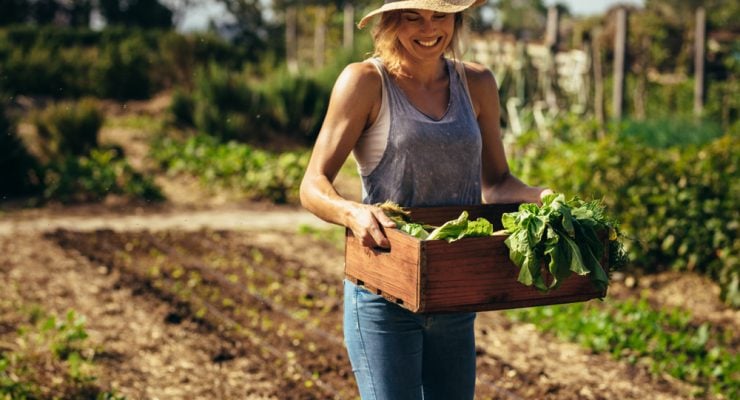What counts as specified work?
Approved industries, areas and job duties
Although the exact eligible regions vary based on your WHV subclass, specified work always requires you to work in more rural parts of Australia; a job in a major city such as Sydney or Melbourne would not count.
The approved industries and areas for specified work include:
- tourism and hospitality in Northern or Remote and Very Remote Australia, from 22 June 2021
- plant and animal cultivation (accepted locations vary by subclass)
- fishing and pearling (accepted locations vary by subclass)
- tree farming and felling (accepted locations vary by subclass)
- mining in regional Australia (Subclass 417 only)
- construction (accepted locations vary by subclass)
- bushfire recovery work in declared bushfire-affected areas carried out after 31 July 2019
- recovery work in flood, cyclone, or other severe weather-affected areas carried out after 31 December 2021
- critical COVID-19 work in the healthcare and medical sectors anywhere in Australia, after 31 January 2020
Remember to check the eligible postcodes for your subclass on the immigration website before committing to a job; any work completed in a non-eligible postcode will not count. If you’re not sure of the difference between Subclass 417 and Subclass 462, we explain subclasses in more detail here.
The WHV subclass you first entered Australia on will determine what counts as eligible specified work:
- WHV Subclass 417: find the full list of eligible specified work here.
- WHV Subclass 462: find the full list of eligible specified work here.
Unless you are volunteering (bushfire or other natural disaster recovery work), you must be paid in accordance with Australian legislation and awards for the job to count towards your specified work. If the Australian government finds you were underpaid, this work would not count towards your 88 or 179 days.
Your job duties must also align with the government’s definition of acceptable employment tasks for specified work, even if the industry and location matches the criteria. For example, feeding and herding cattle on a farm counts as specified work, but working in retail in a butcher’s wouldn’t count.
Examples of job duties that count include:
- picking fruits on an orchard
- working as a tour guide in Northern or Remote and Very Remote Australia
- felling trees in a forest
- rebuilding fences in a bushfire affected community
- cleaning up a flood affected area (wiping down items, mopping floors, transporting rubbish, etc.)
- cleaning at a COVID-19 testing centre
You can check the full list of job duties that count for your subclass on the immigration website.
How do I find a job in a specified industry?
Most backpackers complete their specified work on a farm. If this type of work interests you, read Finding farm work in Australia for the most up-to-date information.
If you want to land a fruit picking job, we have a detailed guide which covers the harvest seasons, best locations, pay rates, and more: Fruit picking jobs in Australia – What, where, how (and why!).
Volunteering is a rewarding way of completing your specified work, but it can be more difficult to secure work, as you can only volunteer in response to a natural disaster. Check the immigration website for the list of affected postcodes, and non-profit organisations such as BlazeAid for callouts for volunteers.

















0 comments
{{like.username}}
Loading...
Load more